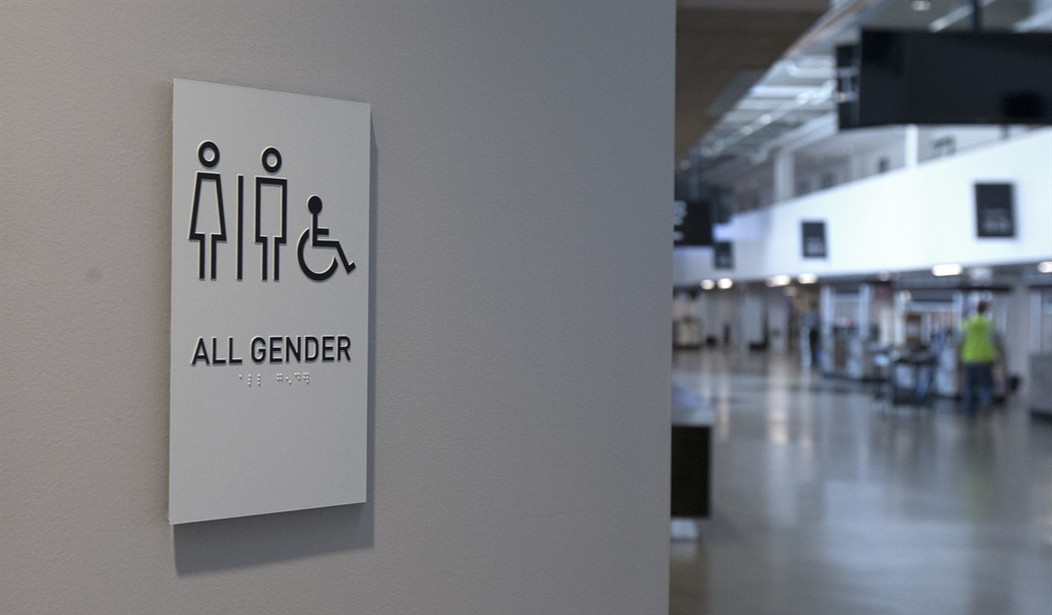Florida International University is trying to make the world a better place.
Hence, it’s employing a tried and true weapon in the war over what is: words.
The school’s issued an Academic & Student Affairs “Inclusive Language Guide” so it can teach everyone what terms to exclude.
And it comes courtesy of a sensible source: FIU’s Office of Social Justice & Inclusion.
The handbook begins, “Language is a way of communicating, acknowledging and validating identities, ideas, concerns, requests and culture. Inclusive language communicates our values.”
“We choose to represent our values and ideals at Florida International University,” it heralds, “as inclusive, respectful, and kind.”
A few goals of the guide:
- Meeting inclusive standards in professional or social communications
- Reflecting and supporting people’s chosen identities in name, pronoun use, and with other relevant identity-affirming language
- Validating the agency of the individual(s) being spoken of in the determination of their own identities and needs
So how’s inclusivity accomplished?
Several examples are on offer, in the form of do’s and don’t’s.
Positive and Affirming: “Please help these individuals find their seats.”
Non-Inclusive: “Please help these gays find their seats.”
Don’t use descriptions as nouns:
Right: “I want to know how to best support gay people.”
Wrong: “I want to know how to best support gays.”
The edict warns against hyphenated racial ethnicity terms such as “American-Indian;” rather, choose independent words, e.g., “Indigenous People.”
Furthermore, don’t say things such as “You throw like a girl,” “Boys don’t cry,” or “Man-up.”
And avoid all the following:
- Freshman
- Man-made
- Manhole
- Manpower
- Mankind
- Manhours
Instead of “waitress,” use “server.”
They’re “firefighters,” not “firemen.”
And work your way through this: Rather than employing the “non-inclusive” label “homosexuals,” utilize the “positive and affirming” “gay people.”
In addition, don’t forget to cross (out) your T’s:
Non-Inclusive: “LGBTQ people (when only talking about sexuality or LGBQ people)”
Positive & Affirming: “LGBQ”
Moving on, the Office of Social Justice & Inclusion gongs “Ms. / Miss. / Mrs. / Mr. / Sir / Ma’am / Madam.”
Right as rain: Mx.
As for sex:
Wrong: She / He
Right: They/ThemWrong: Guys / Ladies and Gentlemen
Right: Y’all / Folks / Everyone / GuestsWrong: Born Male, Natal Male
Right: Cisgender Man / Cis ManWrong: Real Woman, Not Transgender, Normal Gender
Right: Assigned female / male at birth
“Father” is offensive:
Wrong: Mother/Father or Mom/Dad
Right: Parents, Family Members
Along those lines, don’t bag a “boyfriend” or “girlfriend.”
Rather, date a “significant other,” “lover,” or “partner.”
And if you plan on being a parent, and if you first want to marry your partner…make sure the preacher minister ceremony leader(?) doesn’t say, “You may kiss the bride.”
Correct: “You may kiss each other.”
The school explains, “The use of inclusive and welcoming oral and written language is the standard for all our departmental documents, correspondences, marketing materials, academic coursework materials, presentations, conversations, lectures, syllabi, as well as written and oral student assessment materials.”
Moreover: “We should pay attention to individuals or social groups who are currently or were historically marginalized and oppressed.”
In my view, it’s an odd set of instructions.
The point of “You may kiss the bride” is the bestowal upon a couple the status of “married.”
“You may kiss each other” suggests the official’s in charge of whether they can lock lips.
Additionally, “American Indian” is not usually hyphenated.
As for being “indigenous,” ancestors of the nation’s tribes are believed to have traveled to North America from Asia via the Bering Strait.
But beyond the guide’s directions, if I may say so, FIU is overlooking the main purpose of words.
They’re not meant be inclusive; they’re made to be specific.
That’s the method by which syllables can be expressive.
When talking about your mother, why would you not exclude your father?
That’s a question for the Office of Social Justice & Inclusion, which, in May, hosted a Freedom of Speech and Expression
event.
Apropos of that, the school could just let people speak the way they feel — in a way that’s respectful, of course.
But it appears that option can’t be included.
-ALEX
See more pieces from me:
‘All-Inclusive’ University Cultural Center Hosts a BBQ ‘Intended’ for Everyone but White People
‘Antiracist’ Mental Health Association Fights the Empathy-Strangling ‘Ghost’ of Whiteness
Major University Trains Its Faculty in ‘Confronting Systemic Whiteness’
Find all my RedState work here.
Thank you for reading! Please sound off in the Comments section below.












Join the conversation as a VIP Member